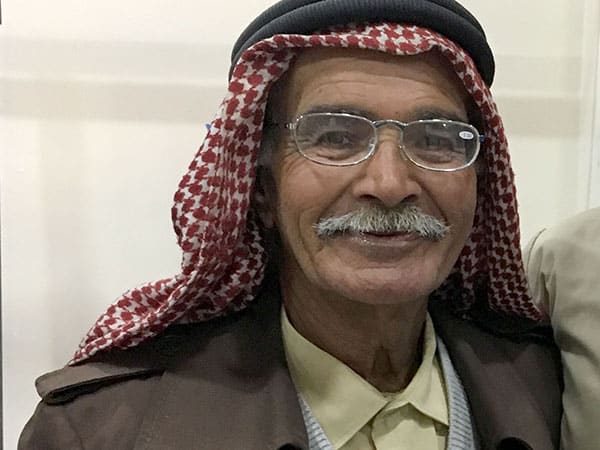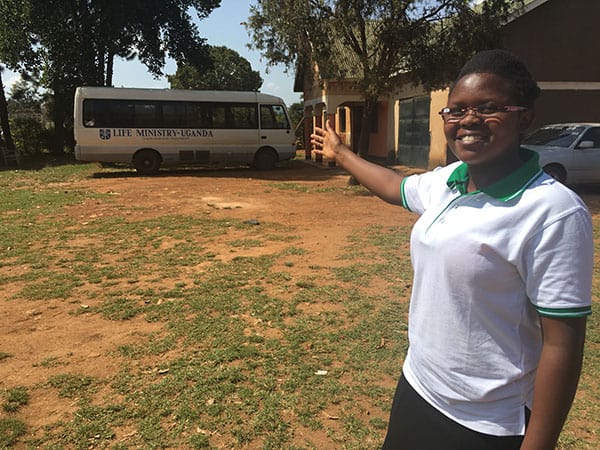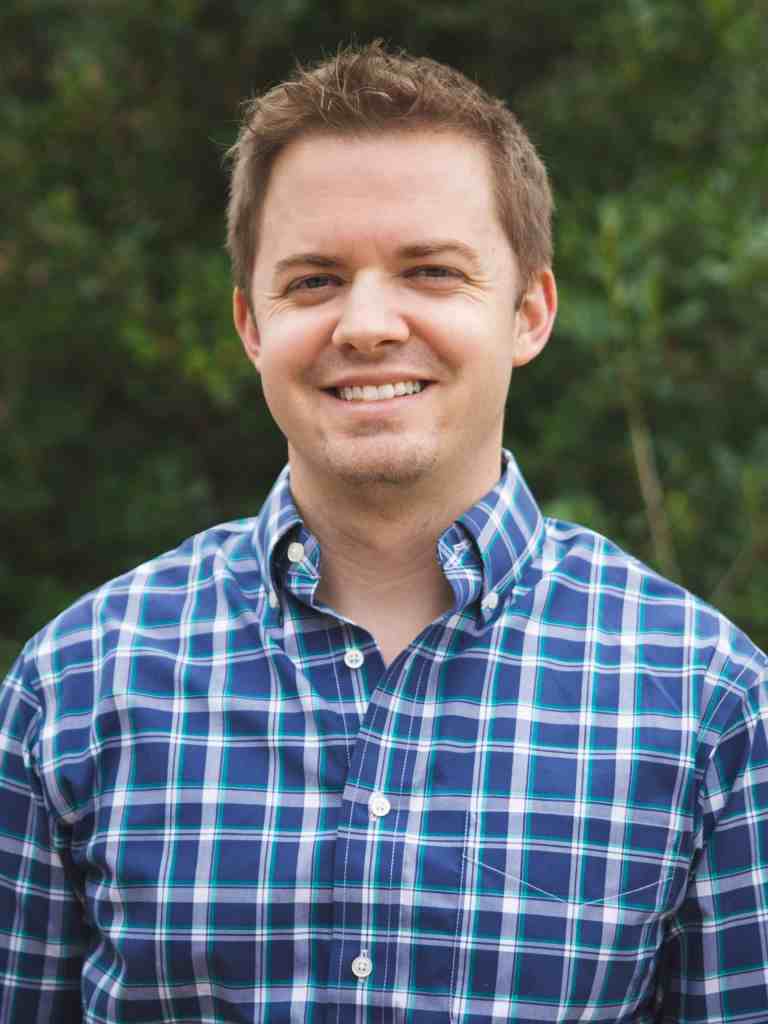A Surprising Path to New Hope for Billions of People
By Stephen Hunt
Nine years old and covered in bruises, Aimar* walked into a vision clinic in the Middle East hosted by Unto® and local field team members. A local doctor was in the room too. Though the purpose of the clinic was to test people’s eyesight, our team could not overlook the scrapes and bruises. They called the doctor over to meet Aimar and talk with him in his own language.
In the course of conversation Aimar revealed that he was a Syrian refugee who had come to the clinic alone. When the doctor gently brought up the question of his injuries, the boy’s response was simple: “I fall down a lot.”
“I fall down a lot” sounded suspicious to everyone present — until they tested his sight. From 10 feet away he could not see the top line of the eye chart. From 4 feet away he could not tell how many fingers people held up. His sight was so bad that by U.S. standards he would be considered legally blind.
Aimar was serious when he told the doctor he fell down a lot. At 9 years old he was covered in bruises, because he literally could not see things right in front of him.

As a strong expression of the kindness of Jesus, vision clinics are crucial to helping our partners meet and build relationships with people in their communities.
Vision clinics are simple to implement and effective at serving people.
- They relieve suffering because they meet such a critical need for so many people. In Rwanda people journeyed from miles away, sometimes leaving home at 3:00 in the morning to get to a clinic.
- They restore dignity by demonstrating tangible kindness. A tailor in the Middle East feared losing his livelihood as his sight deteriorated. Eyeglasses renewed his ability to work well and provide for his family. In the same community, a girl with Down Syndrome was overjoyed to receive her first pair of glasses.
- They pave the road to revealing hope by helping our partners gain access to and build credibility with the communities they serve. In Central Asia, one of our field partners held a vision clinic at her home where she also hosts a house church every week. She invited three people to come to the clinic and hoped for 12. Imagine her surprise and joy when 198 showed up!

Before receiving eyeglasses she could not tell that this bus was across the yard. Afterward, she was able to read even the fine print on the side.
When our partners meet their neighbors at these clinics, relationships forged by kindness begin. As time goes on and relationships are strengthened, they can engage in spiritual conversation. Other times conversations about the hope of Jesus happen at the clinic itself as people want to know, “Why are you helping us in this way?”
Kindness Leads to Hope
In the past year alone our teams helped provide the gift of renewed physical sight to more than 7,000 people. We don’t know the details of each person’s story, but we do know that now they see. However, physical sight is not enough; their spiritual sight must be renewed too. The two are not as separate as they seem. Providing someone with glasses they could not otherwise receive is an extremely tangible act of kindness. Think of how radically young Aimar’s life was changed. He left the vision clinic that day able to move freely, without fear of tripping over unseen hazards.
Of course glasses alone are not enough to transform Aimar’s life at the deepest levels. But could that kindness build a bridge to his heart and mind over which true and lasting hope could be revealed? Absolutely. It is the very kindness of God, after all, that leads people to Him (Romans 2:4).
*Name changed for security reasons
Published September 14, 2018

Stephen has served as a content writer and researcher for Unto. He has been on staff since October 2017.





